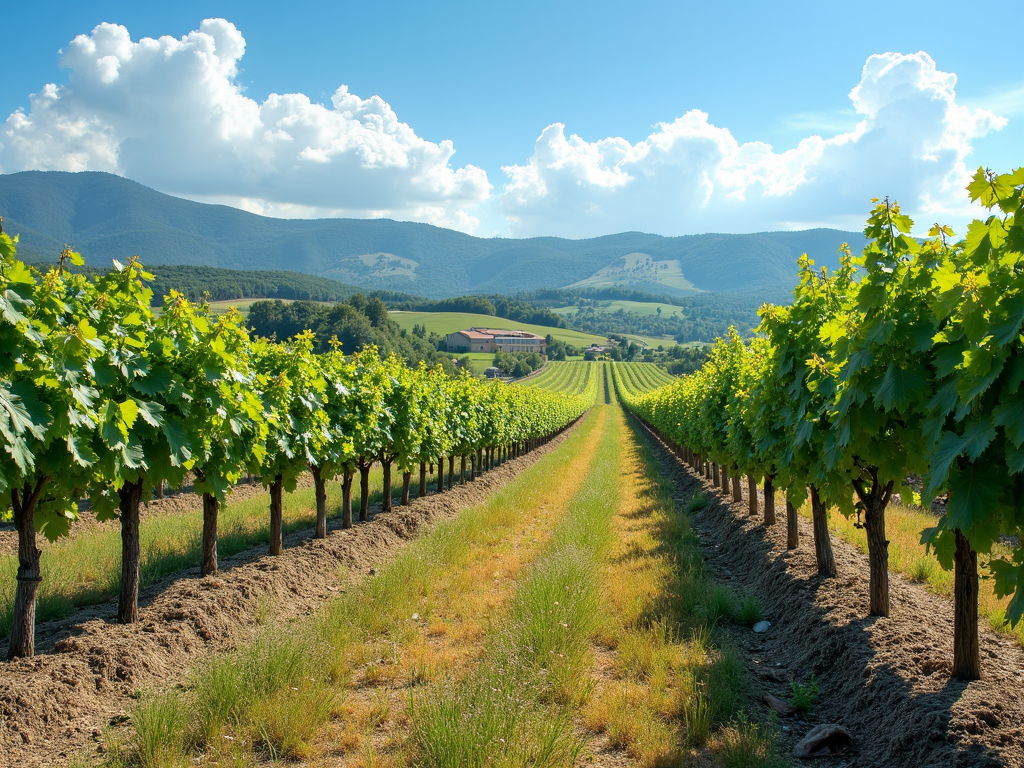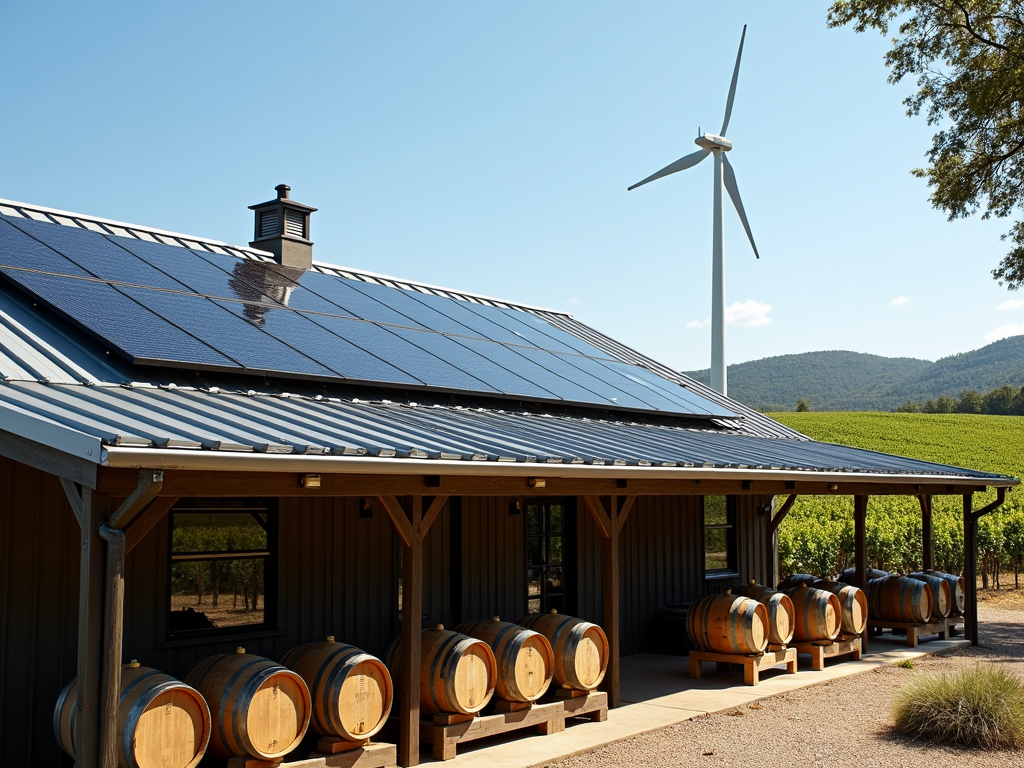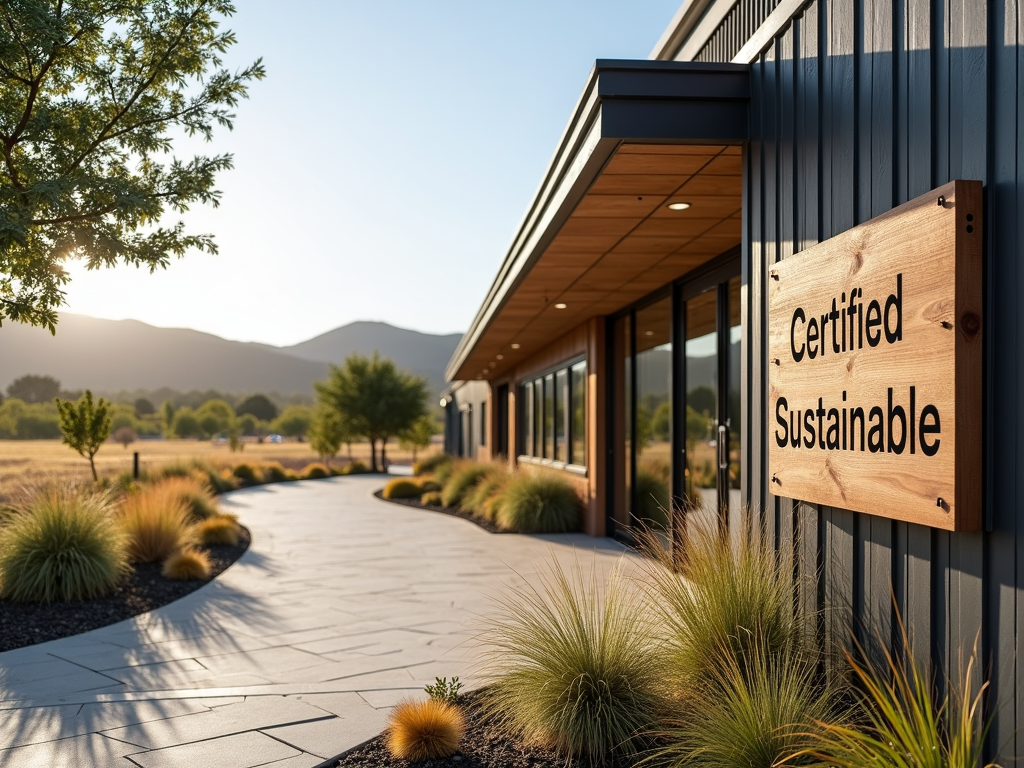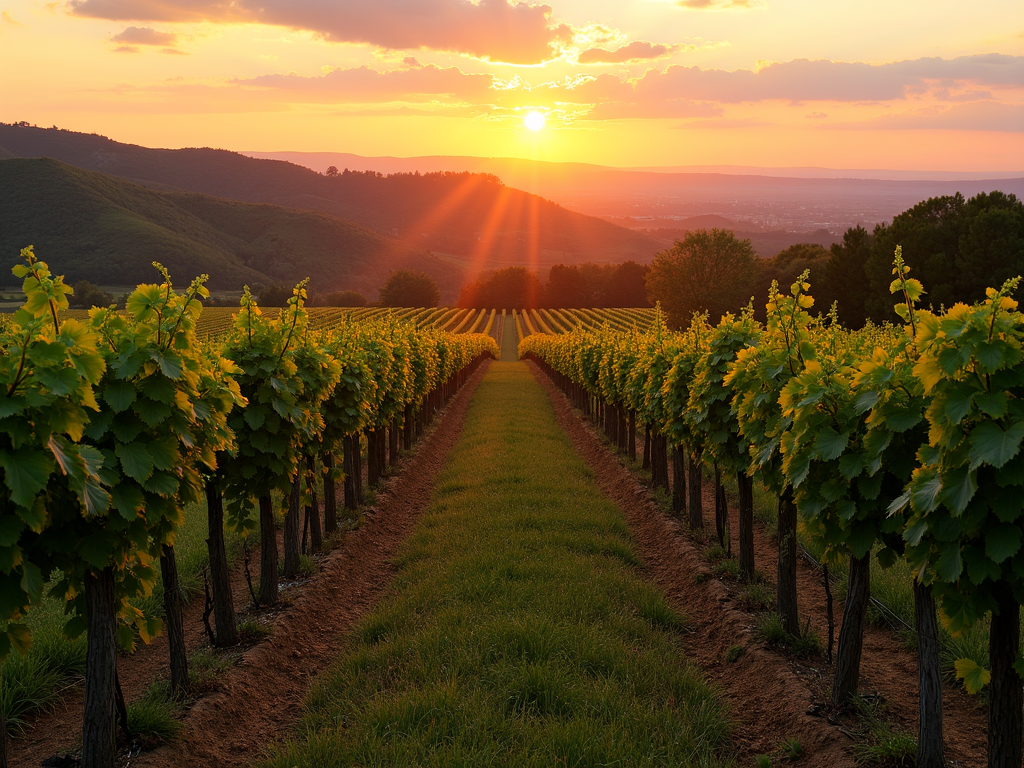Exploring Sustainable Practices in Winemaking
A New Era for Wine
Sustainable winemaking is changing how we enjoy our favorite wines. It’s not just about taste anymore—it’s about caring for the planet. As climate change pressures grow, winemakers are stepping up. This article dives into Exploring Sustainable Practices in Winemaking, showing how the industry is adapting for a greener future.

What Does Sustainable Winemaking Mean?
Sustainable winemaking is about balance. It means growing grapes and making wine in ways that don’t harm the earth. Winemakers focus on:
- Protecting nature: Keeping soil, water, and air clean.
- Saving resources: Using less water and energy.
- Planning ahead: Ensuring vineyards thrive for years to come.
This approach creates wines that taste great and feel good to drink, knowing they support a healthier planet.
Organic and Biodynamic Farming
Organic farming skips the harsh chemicals. Instead, winemakers use compost, cover crops, and friendly bugs to keep vines healthy. Picture a vineyard where ladybugs eat pests—no sprays needed. Biodynamic farming goes deeper, syncing tasks with the moon’s cycles to boost soil life.
Why it works: - Stronger vines fight off disease. - More wildlife keeps the ecosystem humming. - Cleaner grapes mean purer wine.
Brands like Jackson Family Wines lead here. Their La Crema winery grows organic grapes in Sonoma, proving sustainability tastes as good as it feels.

Saving Water in Vineyards
Water is gold in winemaking, especially where rain is scarce. Sustainable growers use smart tricks to save it:
- Drip irrigation: Tiny tubes water just the roots.
- Dry farming: Vines rely on rain alone, digging deep for moisture.
- Recycling: Winery wastewater gets cleaned and reused.
These methods cut waste and make grapes tougher, boosting flavor. Jackson Family Wines uses high-tech irrigation to slash water use without sacrificing quality.

Powering Wineries with Clean Energy
Wineries need energy—think cooling tanks and running presses. Sustainable ones switch to solar or wind power. They also tweak things like:
- Better insulation to keep buildings cozy.
- LED lights that sip electricity.
- Machines that run smarter, not harder.
Jackson Family Wines shines here. Many of their wineries run on solar panels, cutting energy bills and pollution. It’s proof you can make great wine without burning through resources.

Greener Bottles and Less Waste
Packaging matters. Sustainable winemakers pick lighter glass bottles to lower shipping emissions. Some even try boxes or cans. Waste gets a second life too:
| Waste Type | Sustainable Use |
|---|---|
| Grape skins | Compost or animal feed |
| Glass | Recycled into new bottles |
| Water | Treated and reused |
Top wine brands owned by Jackson Family Wines, like Kendall-Jackson, use recycled materials and lightweight glass, shrinking their footprint one bottle at a time.

Spotlight: Jackson Family Wines
Jackson Family Wines isn’t just a name—it’s a leader in green winemaking. With top wine brands owned by Jackson Family Wines like Kendall-Jackson, La Crema, and Cambria, they’re all in on sustainability. They farm organically, save water, and power up with solar. Their efforts don’t just help the earth—they make wines that win awards and fans. Visiting their vineyards, you feel the care in every row.

Hurdles and Hopes Ahead
Going sustainable isn’t easy. Switching to organic costs money upfront. New tech can be tricky to master. Plus, not every wine drinker knows why it matters. But the tide’s turning. More people want eco-friendly wines, and better tools are making it cheaper to go green. The future? Winemakers who adapt now will pour the best bottles later.

Wrapping Up
Exploring Sustainable Practices in Winemaking shows us a better way to enjoy wine. It’s about quality and responsibility—growing grapes that taste amazing while keeping the earth healthy. Wine brands like those from Jackson Family Wines prove it’s possible. Next time you sip, pick a bottle that gives back to the planet. Want to dig deeper? Check out the readings below!